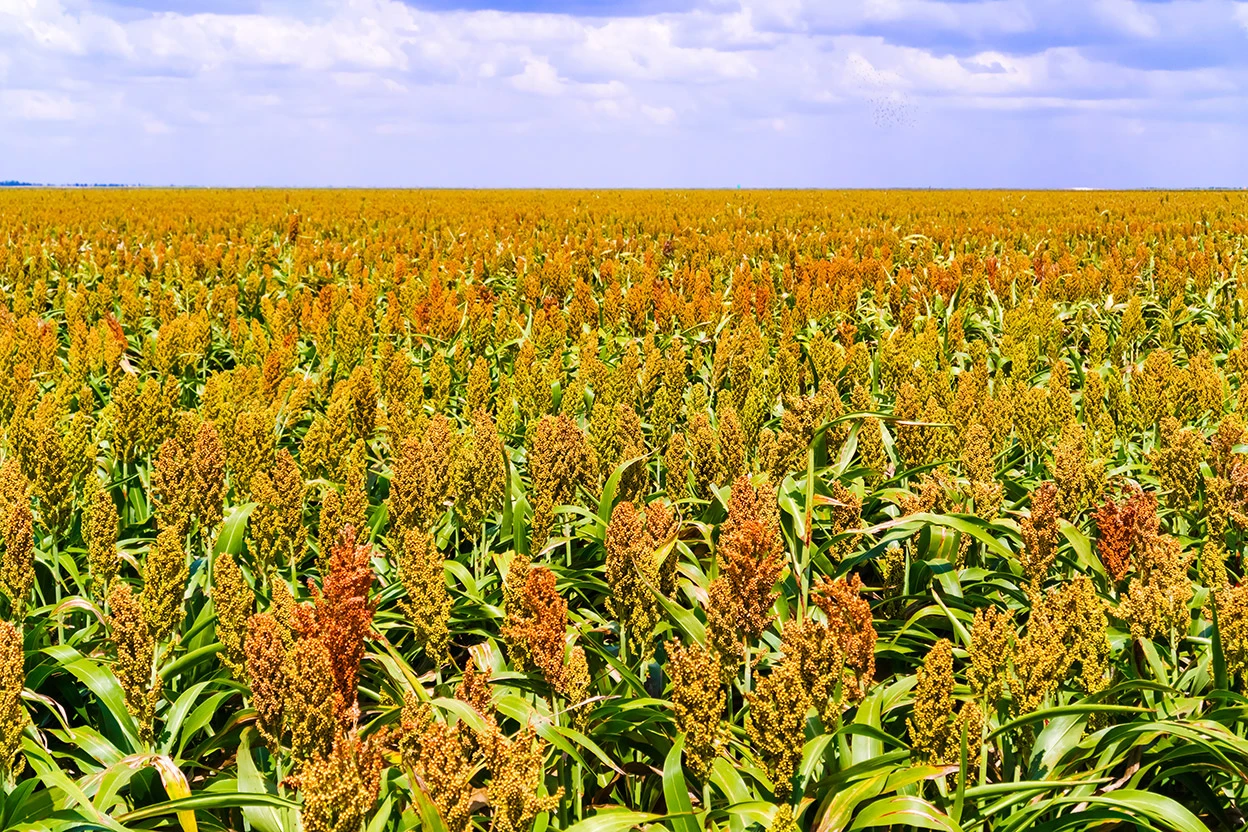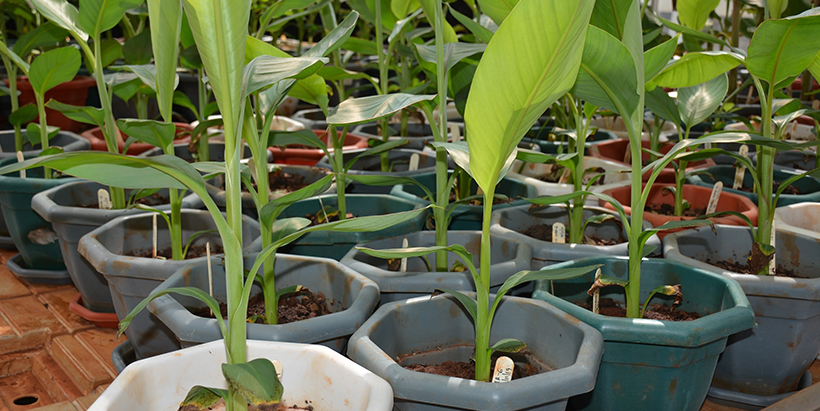
By Timothy Machi
African scientists and researchers have welcomed EU’s recent endorsement of New Genomic Techniques (NGTs). On February 7, 2024, Members of the European Parliament marked a milestone in plant science with their endorsement of NGTs – methods of precise plant breeding to produce crop varieties that can withstand drought, improve nutrition and resist diseases.
Recognizing the transformative potential of NGTs, the scientists expressed optimism about its ability to double food production, help mitigate climate change, and strengthen research collaborations between Africa and Europe.
The trio of Dr Leena Tripathi, Principal Scientist and head of Biotechnology at International Institute of Tropical Agriculture (IITA), Andrew Kiggundu of Uganda National Research Laboratories and Maria Laura, wePlanet’s EU policy affairs officer were speaking in a webinar organised and hosted by wePlanet Africa, a grassroots environmental movement dedicated to tackling climate change and addressing food security in Africa.
According to Dr Tripathi, NGTs can provide the necessary tools and advantage to help Africa double crop yield by up to 50% to 60%.
“NGTs, based on precise genetic modifications, can help Africa to significantly boost crop yields, improve nutritional content, and enhance disease resistance in our agricultural produce,” she said, adding that with the continent’s rapidly growing population, there is need for sustainable and efficient food production methods.
Dr Tripathi, an expert in gene editing, said NGTs also have the potential to play a crucial role in mitigating the impacts of climate change. “These innovative techniques will enable us to develop climate-resilient crops and sustainable agricultural systems. By implementing NGTs, we can significantly contribute towards achieving our climate goals while ensuring food security for our continent.”
In a separate forum, Dr Tripathi described genome-editing as able to develop improved crop varieties with no foreign gene integration like those created through conventional breeding, adding that genome-edited products are not regulated as GMOs in several countries, including two countries in Africa: Kenya and Nigeria.
“Genome editing technologies allow targeted manipulation of the plant genomes, accelerating breeding efforts to develop improved crop varieties. It can also reduce inputs such as fertilizers and pesticides, increase yields, improve nutrition, and develop climate-resilient crops.,” she said.
The NGTs were also hailed as critical to helping improve yields of specific green leafy vegetables and native food species that are favorites in many African homes. Dr Kiggundu said a lot of these vegetables and food species are low yielding and increasingly susceptible to disease today. “NGTs are therefore a great opportunity to help improve these native species and make them productive enough to sustain the growing consumer demand,” Dr Kiggundu said.
He lauded the NGTs ability to deliver improvement without necessarily introducing foreign DNA in crops as key to improving acceptability of the products of gene editing.

Maria Helguero, wePlanet’s EU policy affairs officer said the move by the EU Parliament to endorse NGTs now opens the door for enhanced research collaborations and knowledge sharing between Africa and Europe.
“The EU’s endorsement of NGTs represents a tremendous opportunity for Africa to collaborate with Europe in research,” Helguero said, adding that it will see more trade agreements signed between the two continents as NGTs find their way into the language of sustainable agricultural practices.
Some of the crops under development in Africa include disease-resistant banana, maize resistant to lethal necrosis, and sorghum resistant to the parasitic plant Striga and enhanced quality.
